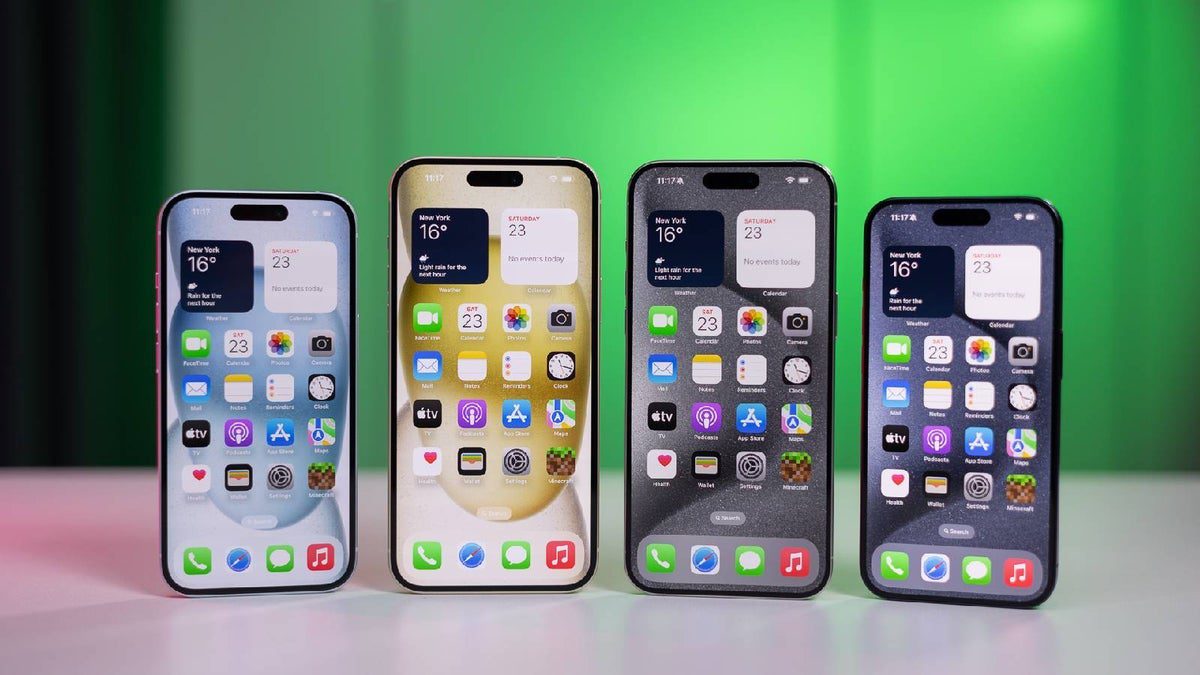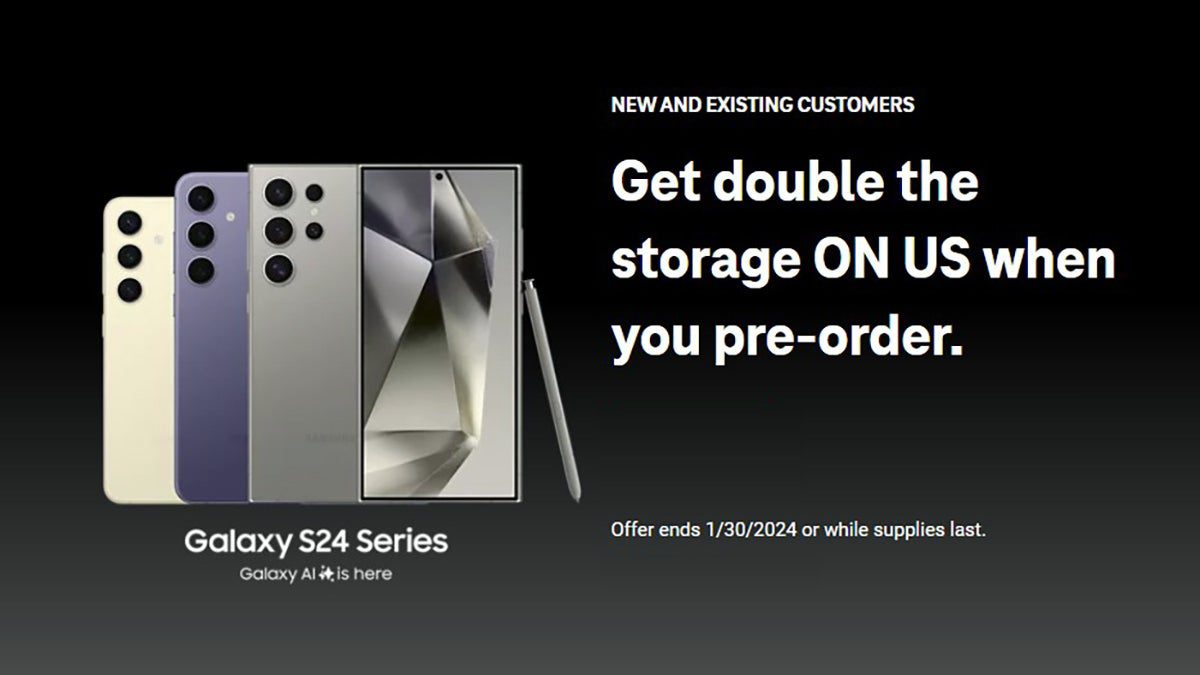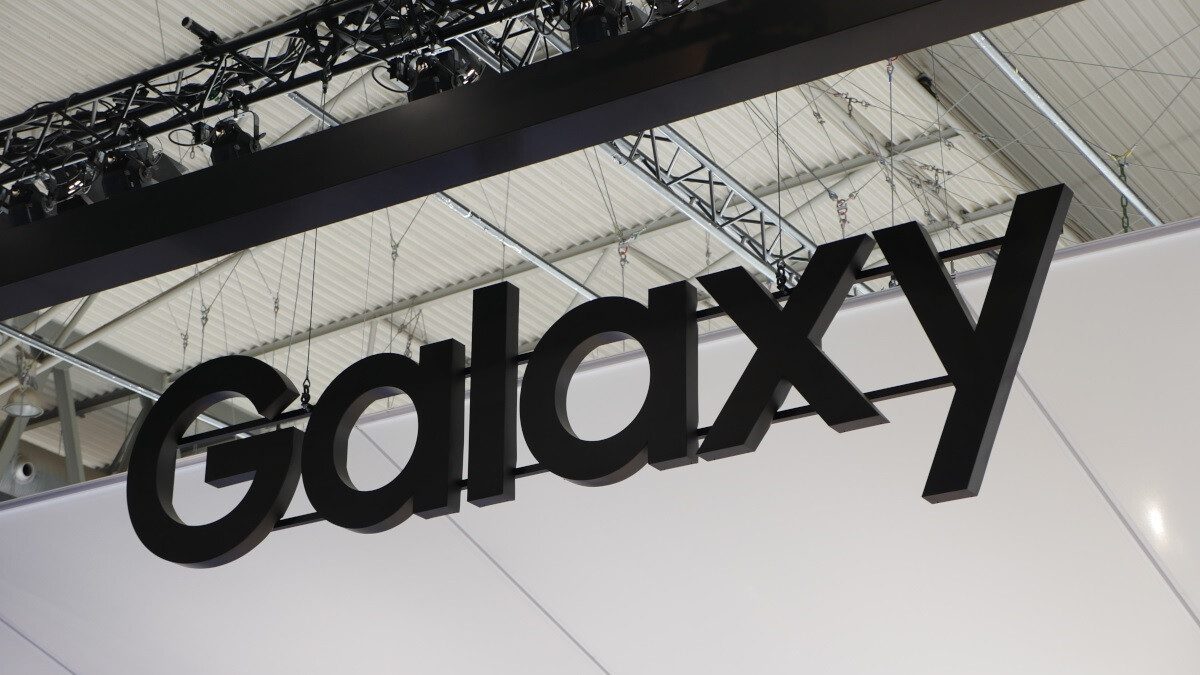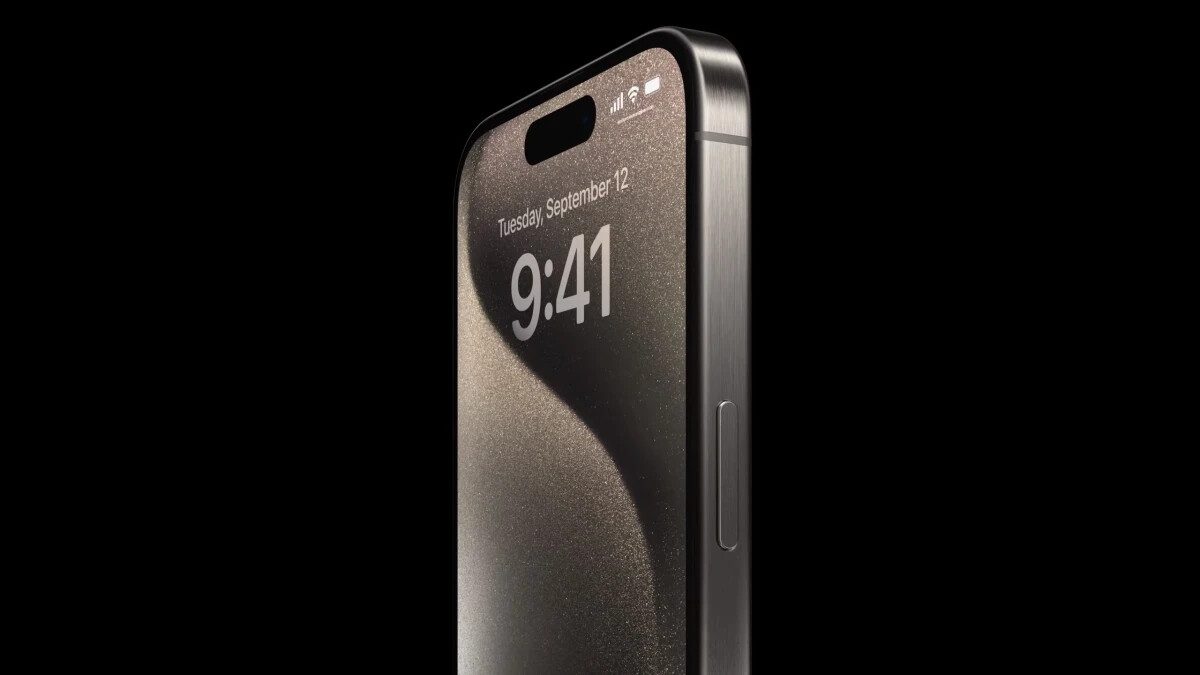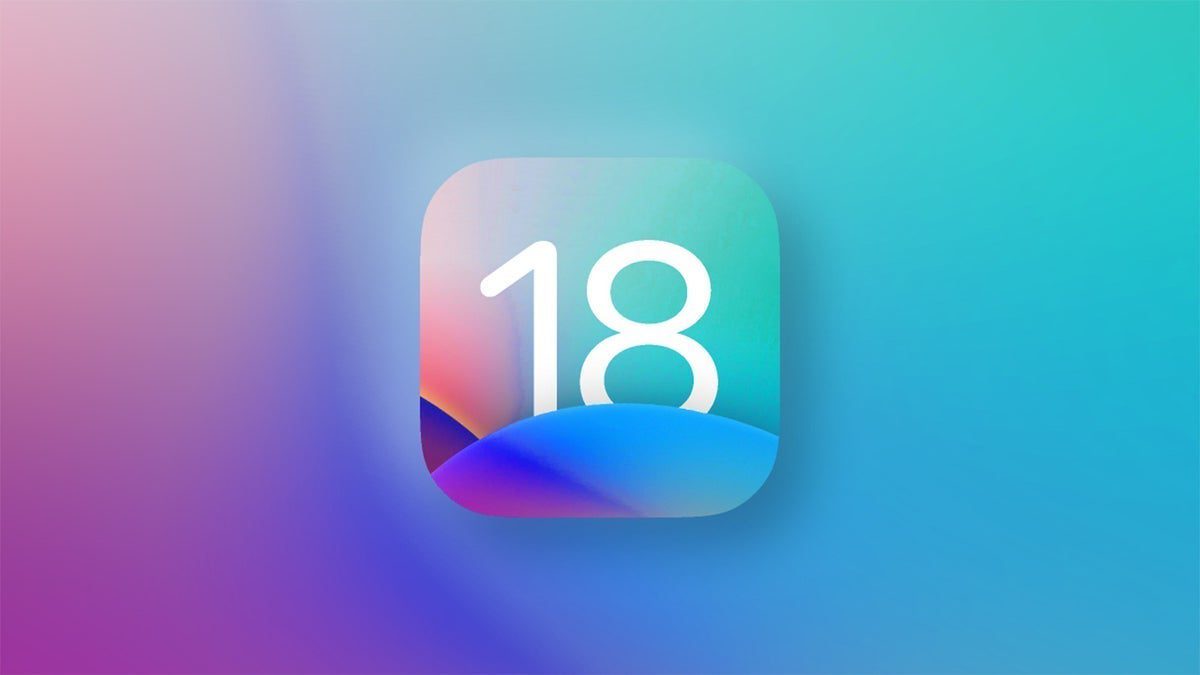Ever since T-Mobile picked up 31MHz of 600MHz low-band spectrum in an FCC auction back in 2017, the carrier has been gobbling up all sorts of airwaves looking to improve its 5G service. Of course, the big purchase was the $26 billion T-Mobile spent to buy Sprint. In a brilliant move that caught Verizon and AT&T napping, T-Mobile obtained a hoard of 2.5GHz mid-band spectrum from its purchase of Sprint.
While AT&T and Verizon started to build out their 5G networks using the fastest mmWave spectrum, they failed to take into consideration that mmWave signals, while speedy indeedy, do not travel far and are easily blocked by trees and structures. However, the characteristics of high-band mean that finding and connecting to a 5G mmWave signal is extremely rare. Low-band, on the other hand, travels great distances and the signals can penetrate buildings and trees. However, low-band airwaves are not the fastest and the downlink data speed is just 20% faster than 4G LTE.
What T-Mobile recognized was that mid-band was the way to go. While not as fast as mmWave, mid-band travels longer distances than high-band signals making them easier to find. And mid-band can deliver 5G downlink speeds six to 10 times faster than 4G LTE. Sure, mmWave signals deliver 5G downlink speeds as fast as 10 to 20 times 4G LTE speeds, but what good is that speed if you can’t find mmWave signals to connect with. AT&T and Verizon quickly got the message and spent over $68 billion to purchase C-band spectrum in the 3.7GHz-3.98GHz range giving them mid-band airwaves.
T-Mobile’s 5G layer cake shows the importance of mid-band spectrum in the carrier’s 5G service
Dish complained to the FCC about T-Mobile’s pending purchase of Comcast’s 600MHz spectrum and said, “This transaction threatens wireless competition and implicates material questions for FCC public policy. The Commission should suspend review of this transaction, or at least condition the transaction, to offset the harms to competition and consumers.”
AT&T wasn’t happy when T-Mobile scarfed up more 2.5GHz mid-band spectrum from a 2022 FCC auction. The carrier spent more than $304 million to win 7,156 2.5GHz mid-band licenses in 2,724 counties. This led AT&T to say, “T-Mobile controls a grossly outsized portion of the mid-band spectrum needed to fuel the 5G revolution.”
It isn’t likely that the FCC is going to punish T-Mobile since the carrier was smart enough to be the first to recognize the importance of mid-band spectrum in offering customers fast and available 5G coverage.

